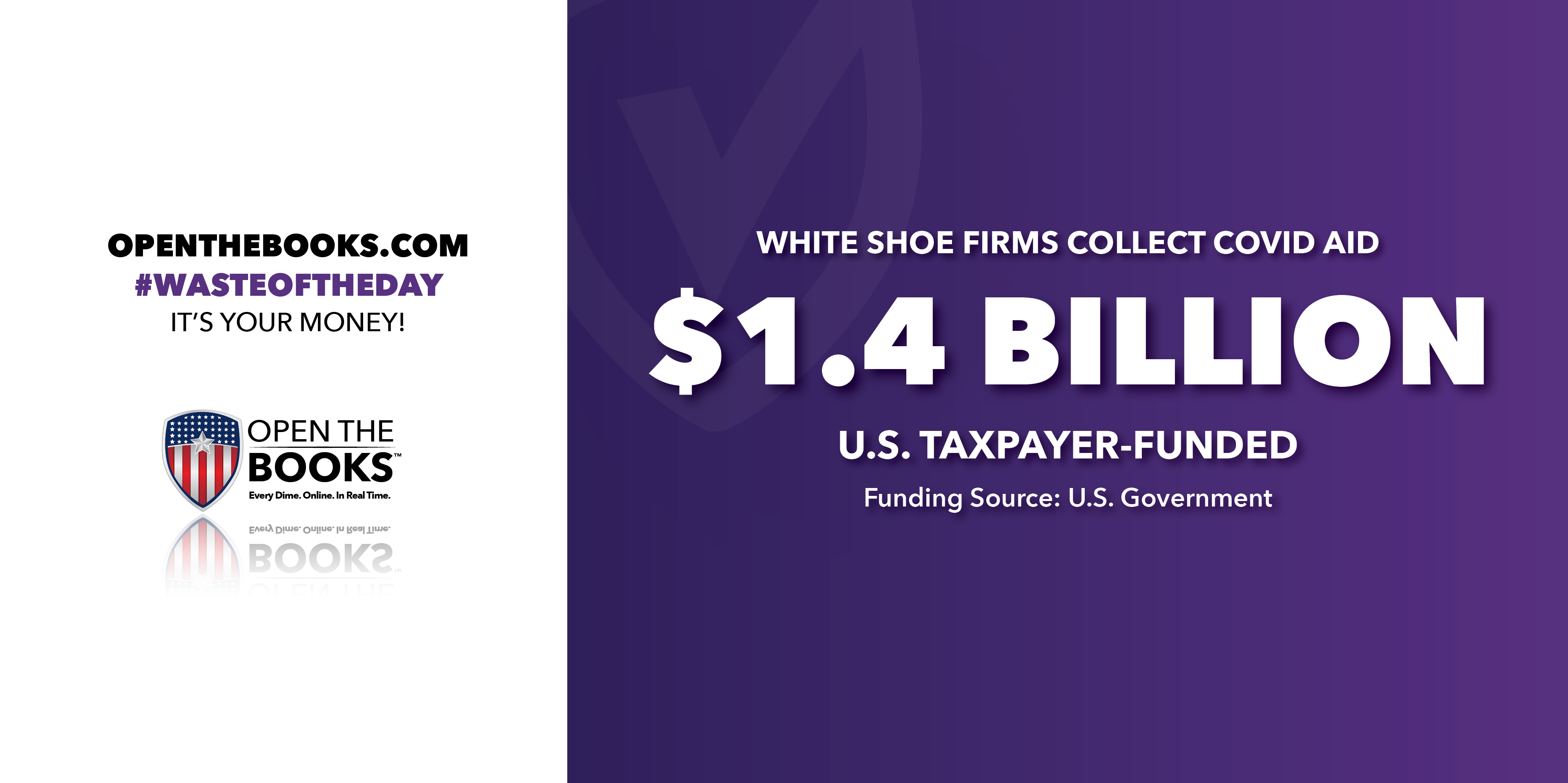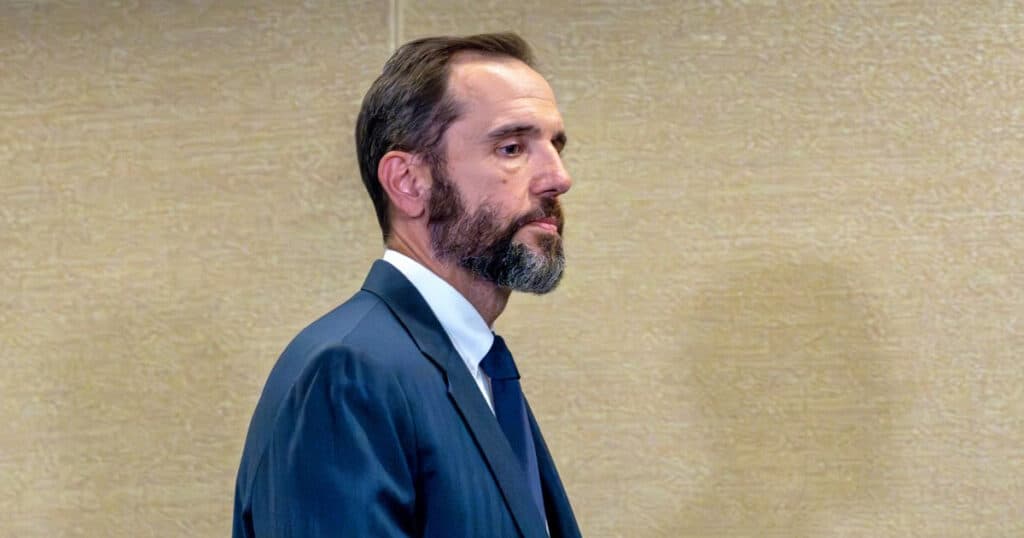
Law, Accounting Firms Get $1.4B in PPP Funds
Pricey and prestigious law and accounting firms collected $1.4 billion in forgiven “loans” during the Covid-19 pandemic, even as many of the firms continued to bring in hundreds of millions in revenue from their clients, demonstrating no need to receive taxpayer funds.
The federal Paycheck Protection Program implemented by the Small Business Administration during the pandemic was created to help businesses keep their staff employed and receiving paychecks while shutdowns prevented many from actually working.

But these firms continued to work for and bill clients, in many cases increasing their revenues in 2020 and 2021 over the pre-pandemic 2019 revenues.
Of the top 300 largest law firms in the country, 126 received $808.9 million in forgiven PPP loans – $6.5 million per firm on average.
For example, Boies Schiller Flexner, a law firm that billed clients $480 million during the pandemic years 2020 and 2021, received the largest forgiven PPP loan, $10.14 million.
In those pandemic years, the firm’s equity partners earned $4.5 million each in profit compensation.
Kasowitz Benson Torres saw its revenues grow from $216.8 million in 2019, to $219.4 million in 2020 and then $238.4 million in 2021. In April 2020, the firm received a $10.13 million PPP loan that was later forgiven.
Of the top 300 accounting firms, OpenTheBooks.com found that 237 firms received $635 million in forgiven PPP loans, with firms receiving $2.6 million on average.
WithumSmith + Brown, P.C. collected a $10 million forgiven loan, while the company’s revenue grew throughout the pandemic. Its 2021 net revenue was $425.3 million, way up from $257 million in 2020 and $223 million in 2019.
While these large, successful firms were technically eligible for taxpayer-funded PPP forgiven loans, it was the millions of mom-and-pop businesses on Main Street who were shut down during lockdowns that were the target of these funds.
The #WasteOfTheDay is brought to you by the forensic auditors at OpenTheBooks.com
This article was originally published by RealClearPolicy and made available via RealClearWire.



